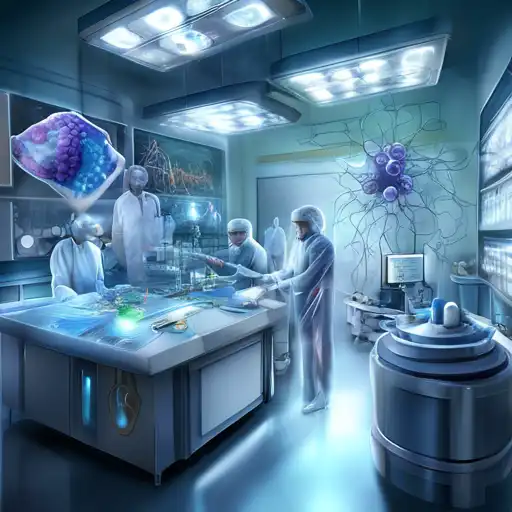Introduction to Nanotechnology in Medicine
Nanotechnology, the science of manipulating matter at the atomic and molecular scale, is set to revolutionize the medical field. With its ability to operate at the cellular level, nanotechnology offers unprecedented opportunities for diagnosis, treatment, and prevention of diseases. This article explores the groundbreaking advancements and potential of nanotechnology in medicine.
The Promise of Nanomedicine
Nanomedicine, the application of nanotechnology in healthcare, promises to transform the way we approach disease treatment and prevention. From targeted drug delivery systems to nanorobots performing surgeries at the cellular level, the possibilities are endless. The precision and efficiency of nanomedicine could significantly reduce side effects and improve patient outcomes.
Current Applications of Nanotechnology in Medicine
Today, nanotechnology is already making waves in various medical fields. Some of the most notable applications include:
- Drug Delivery: Nanoparticles are used to deliver drugs directly to diseased cells, minimizing damage to healthy cells.
- Cancer Treatment: Nanotechnology enables the targeted destruction of cancer cells, offering a more effective and less invasive treatment option.
- Diagnostic Tools: Nanosensors can detect diseases at their earliest stages, even before symptoms appear.
- Tissue Engineering: Nanomaterials are being used to create scaffolds that support the growth of new tissues and organs.
Future Prospects of Nanotechnology in Medicine
The future of nanotechnology in medicine is bright, with research focusing on even more innovative applications. Scientists are exploring the use of nanorobots for repairing damaged tissues, clearing clogged arteries, and even reversing aging processes. The integration of nanotechnology with artificial intelligence could further enhance its capabilities, making personalized medicine a reality.
Challenges and Ethical Considerations
Despite its potential, the widespread adoption of nanotechnology in medicine faces several challenges. These include technical hurdles, regulatory issues, and ethical concerns regarding privacy and the potential for misuse. Addressing these challenges is crucial for the safe and effective integration of nanotechnology into healthcare.
Conclusion
Nanotechnology in medicine represents a frontier of innovation with the power to redefine healthcare. As research progresses, we can expect to see more groundbreaking applications that will improve patient care and outcomes. The journey of nanotechnology from the lab to the clinic is just beginning, and its impact on medicine will be profound.
For more insights into the future of healthcare, explore our articles on the future of medicine and health tech innovations.
